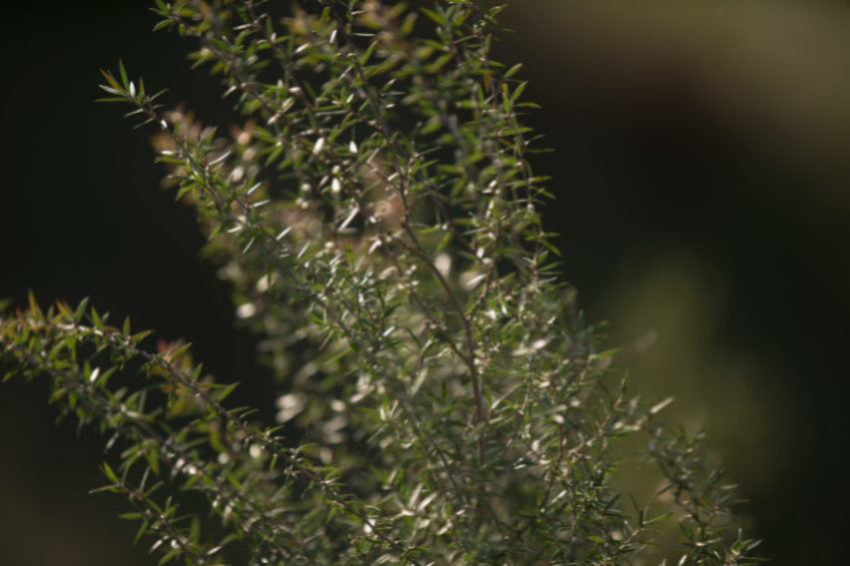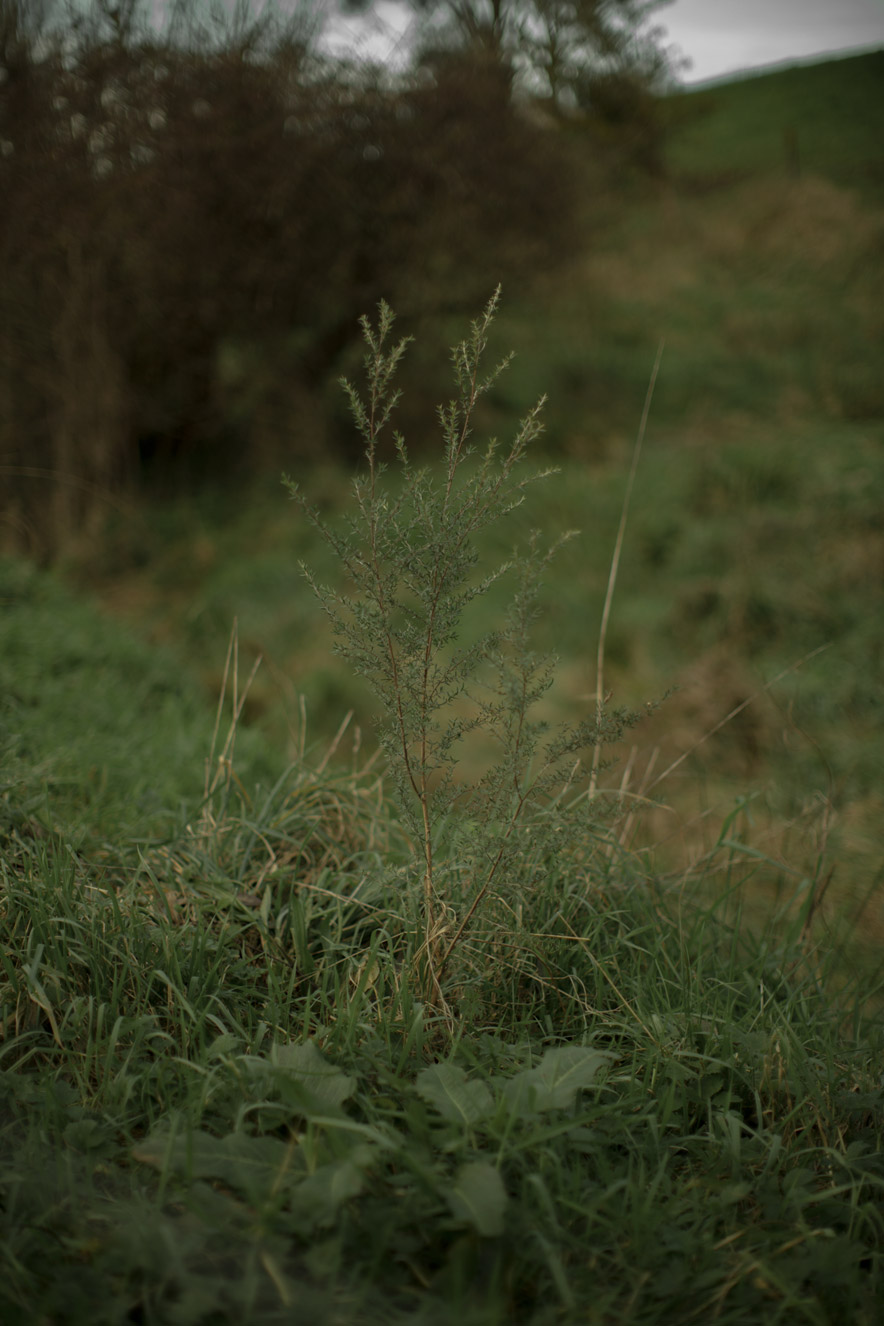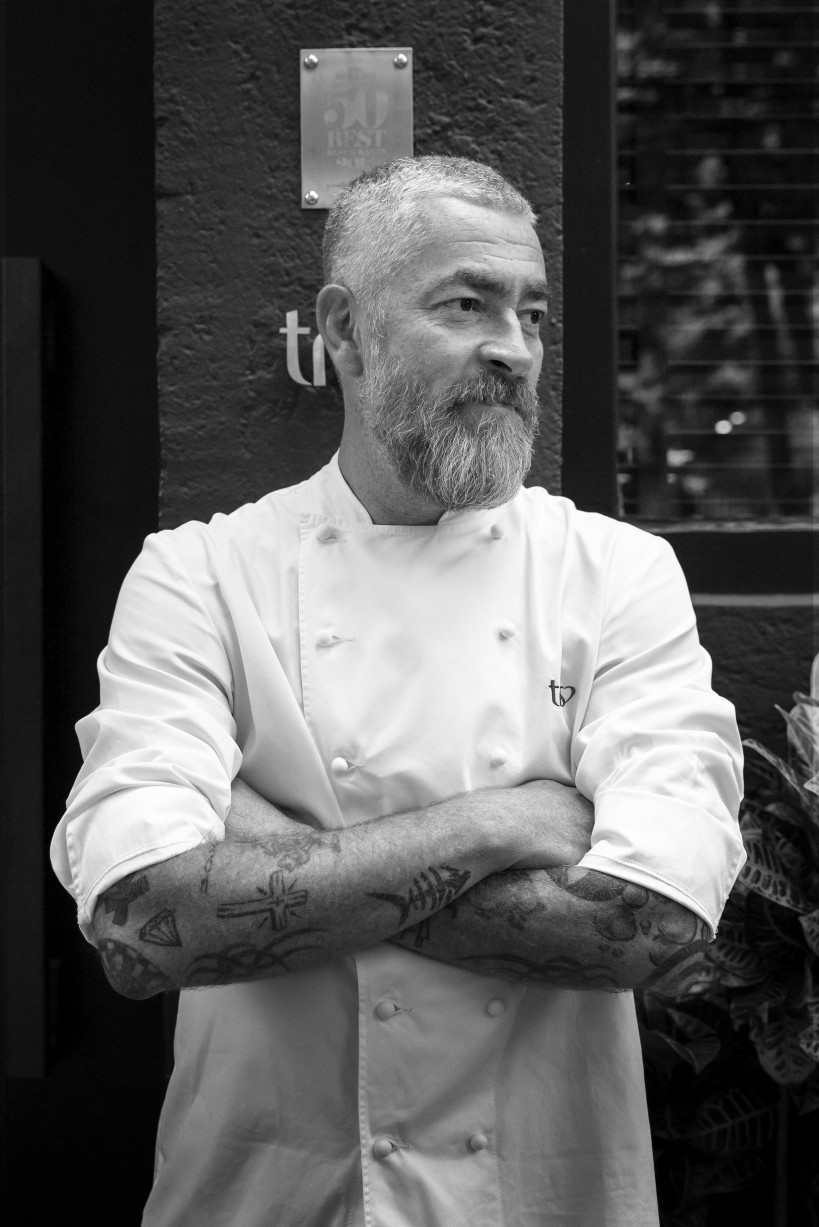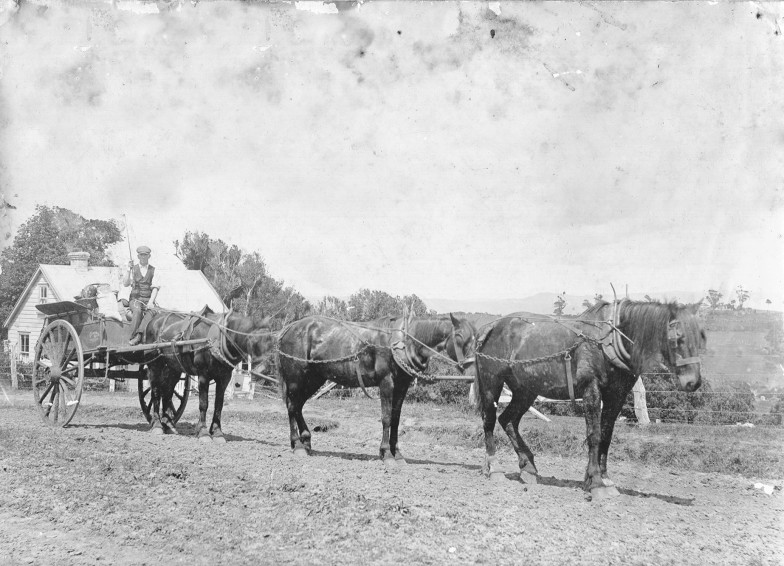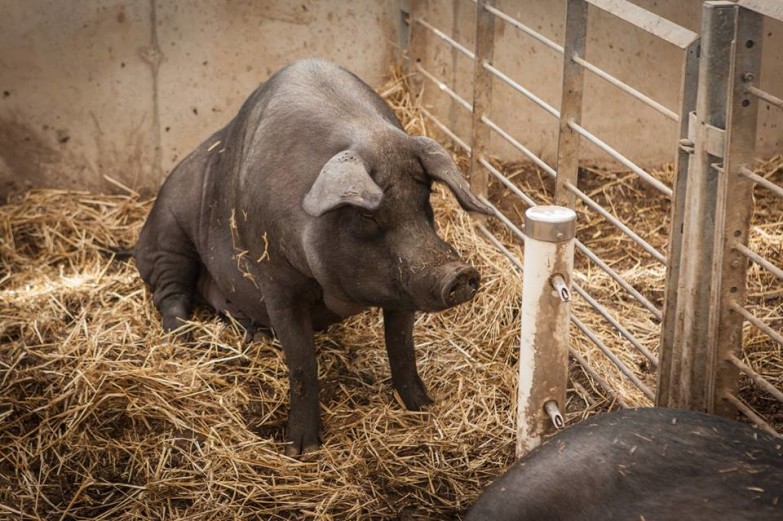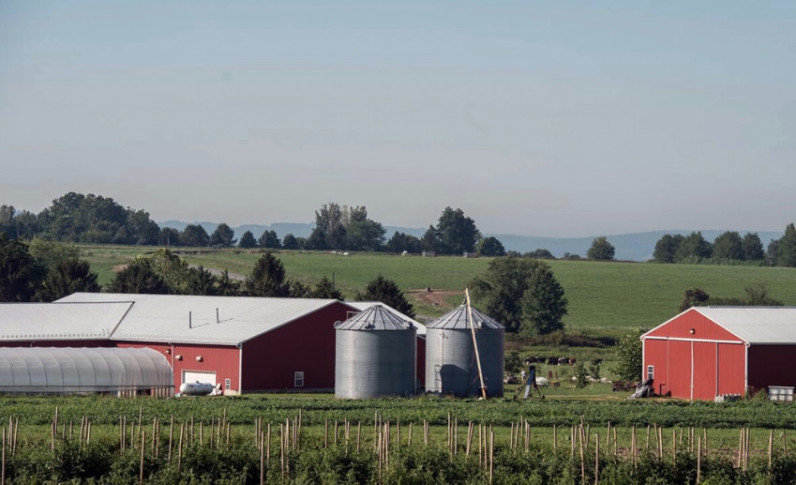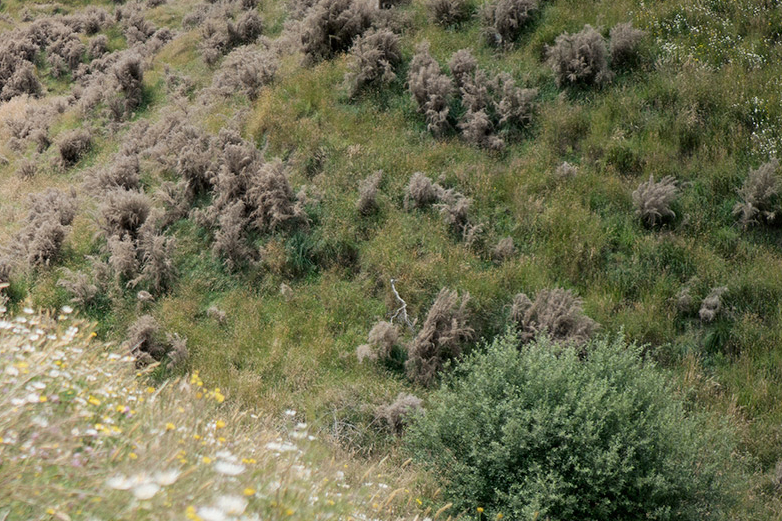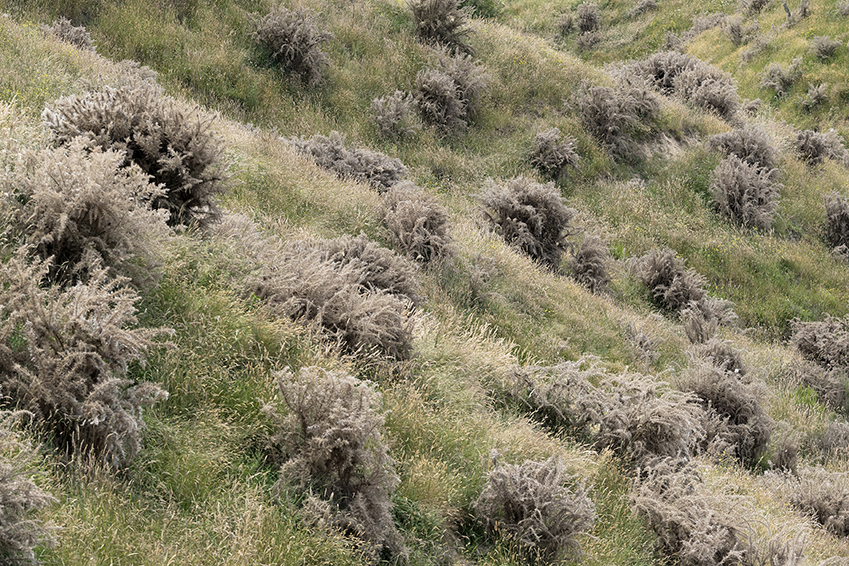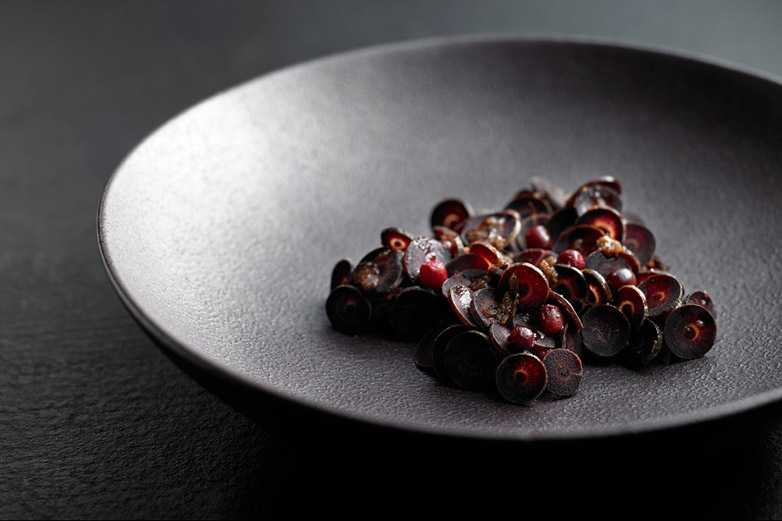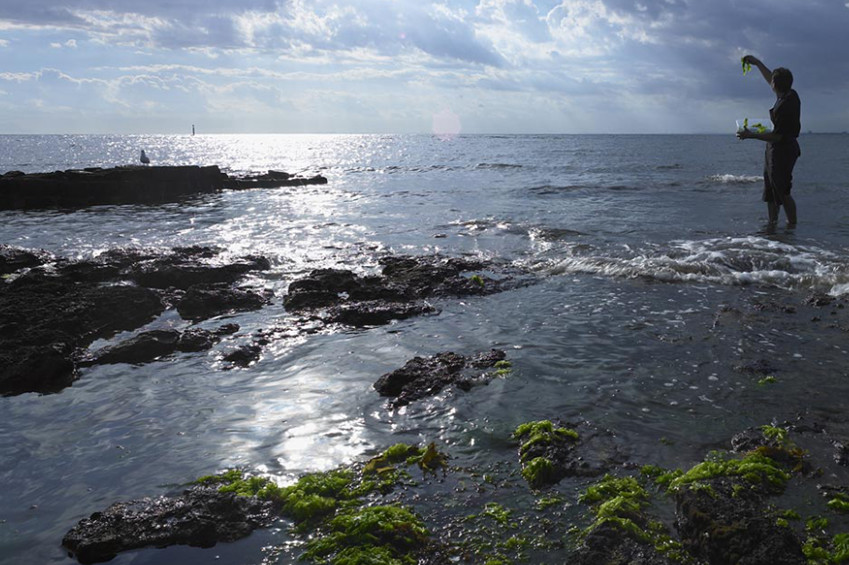Stay up to date with news from us.
Let’s move beyond a primary-sector, commodity-based economy by experimenting with niche high-value opportunities to enhance our economic diversity.
There’s always the pushback from the conventional model – organic can’t feed the world. And after thirty-four years (not three, or four) thirty-four years later, our data shows* yields are the same. Conventional right next to organic. When the soil is healthy, we have shown that yields are improved in the organic trials when there’s issues of drought. Up to 31% higher yields. So, there’s the beauty of growing with life.
*Started in 1981, The Farming Systems Trial (FST)® at Rodale Institute is America’s longest running, side-by-side comparison of organic and chemical agriculture.
There are now millions of people who spend more time watching food being cooked on television than they spend actually cooking it themselves.
I believe the best way to create good living conditions for any animal, whether it’s a captive animal living in a zoo, a farm animal or a pet, is to base animal welfare programmes on the core emotion systems in the brain. My theory is that the environment animals live in should activate their positive emotions as much as possible, and not activate their negative emotions any more than necessary. If we get the animal’s emotions rights, we will have fewer problem behaviours. All animals and people have the same core emotion systems in the brain.
It might not be the whole solution, but a million hectares of trees would make a big difference – not to mention the added benefits for erosion and water quality.
We’re letting all these things die which actually have flavor, character, and stories. I believe that when people stop growing food, they stop telling stories. Each seed has a story, the story of its origin – its agricultural history and its uses in the field – but also at the table – its flavor and the way it tastes differently than most things that are available today. Sometimes they tell the story of the family.
I feel that good food should be a right and not a privilege, and it needs to be without pesticides and herbicides. And everybody deserves this food. And that’s not elitist.
We make money because we do good. We find a way to integrate social responsibility into how we do business on a day-to-day basis. Which, makes it a key driver of future growth and profitability.
Any serious shift towards more sustainable societies has to include gender equality.









